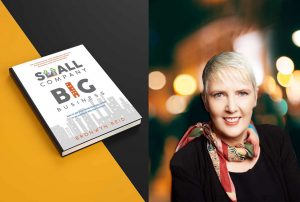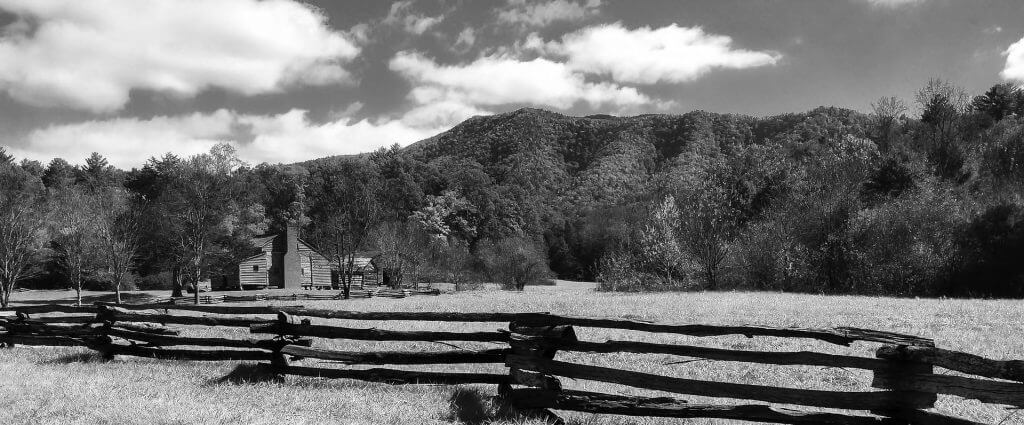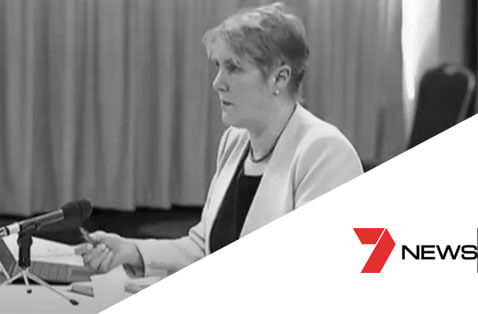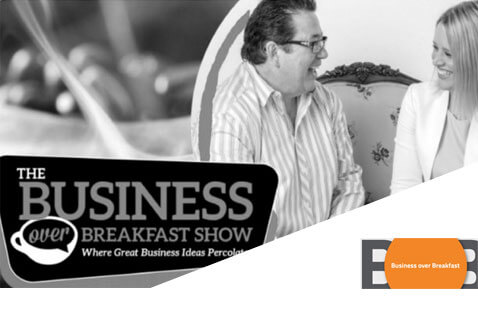ABOUT
BRONWYN REID
DIRECTOR
Within small business circles I am referred to as the Small Business | Big Business Relationship counsellor. My main driver is small business success, particularly in regional and remote rural areas. Time and time again, I have seen how winning one, initial contract with a ‘big name’ can be the spark that helps a small company to realise their potential. Becoming a supplier to a large company isn’t easy – and there’s lots to know and do. That’s how I can help.


SPEAKER
Apart from being a business owner, I was a part-time University lecturer for many years. What I do now allows me to combine my two drivers – small business and education. My presentations can be delivered as Keynotes, Workshops or Panel Sessions.

AUTHOR
Bestselling Books
My two books (so far!) are the books I needed myself when we started our own business. We had to learn what to do (and what not to do!) by ourselves. Inevitably, we made many mistakes – some very costly. These books bring together my years of experience of attracting, winning, and retaining work with large organisations, and surviving the ups and downs that result. Hopefully, they will help others avoid the same, costly mistakes, and shorten their path to business success.
FORWARD THINKING
In the beginning, our vision took us down a 25 year small business to big business path. I have seen Regional economies suffer huge economic swings. Watching from the epicentre, I realised how vitally important it is for small businesses to build the resilience they need to survive a marathon – not just the quick sprint of the boom times. I played the long game by building up business strength gradually and this has been my goal and my passion since the beginning. I have walked the talk and through my involvement I have had the pleasure to speak, mentor, facilitate and collaborate to strengthen business and community engagement roles within our regional Australia.

GOLDEN OPPORTUNITIES
In 1996, we returned to Australia, and established our own company, 4t Consultants Pty Ltd, in regional Queensland. 4t was formed to continue Ian’s work of developing and promoting Best Management Practices for long-term sustainable production in plantation and tropical agricultural crops. Over 20 years, 4t has grown and developed and became an award-winning business, still committed to sustainable production using our natural resources.
4t won its’ first Australian Federal Government and State Government contracts in 2006, with a multi-million dollar project to establish sustainable and best management practices in Australian agriculture. 4t went on to win contracts with the giants of the resources industry, including Rio Tinto, BHP, Glencore and Arrow Energy. When it comes to dealing with large organisations as a small business, Bronwyn has seen pretty much everything – both the good and the not so good.
So, by the very nature of 4t’s work – helping clients to manage our natural resources sustainably – we have lived and worked in regional areas.
REGIONAL ECONOMIES
Regional economies are beset by boom and bust cycles. We have climate booms and busts. We have floods and droughts. We have agricultural commodity booms and busts – wheat, cotton, beef and of course mineral resources such as coal, iron ore etc. The footprint of the resources industry in some of our regions is so much larger than the footprint of other industries.
I’ve seen these cycles play out over my lifetime. Sometimes, an area is permanently crippled when an industry dies or a natural disaster strikes. Mostly, life returns to “normal” after a time, but not without a degree of collateral damage. Families leave the area, businesses close, mental health issues arise, facilities close …
To me, the key to minimising these deleterious effects is the local small business community.
Vibrant local small businesses, connected to the “outside world”, are the mainstay of these regional economies – helping to smooth the ups and downs. And without robust regional economies, Australia has no future. This is why I do what I do.

MY JOURNEY
Why would someone choose to start a company, and be a champion of small business, in regional areas? Surely heading to the city would be much more profitable?
Maybe, but money isn’t always what motivates people, and the fact that there is more money to be made in the “big smoke” just isn’t always true.
I grew up in a regional area of Queensland, the descendant of a long line of farming entrepreneurs, and experienced an ideal childhood surrounded by family, friends and a very close community. After school, Uni and working for a few years, I finished up living in developing countries with my now business partner and husband.
During those years, I had the opportunity to meet and work with some truly amazing people. By the nature of Ian’s work, we lived in areas where the local economy was dominated by a large, often multinational, company.
The approach of these companies to engaging with small, local suppliers varied considerably – from exemplary to appalling.













